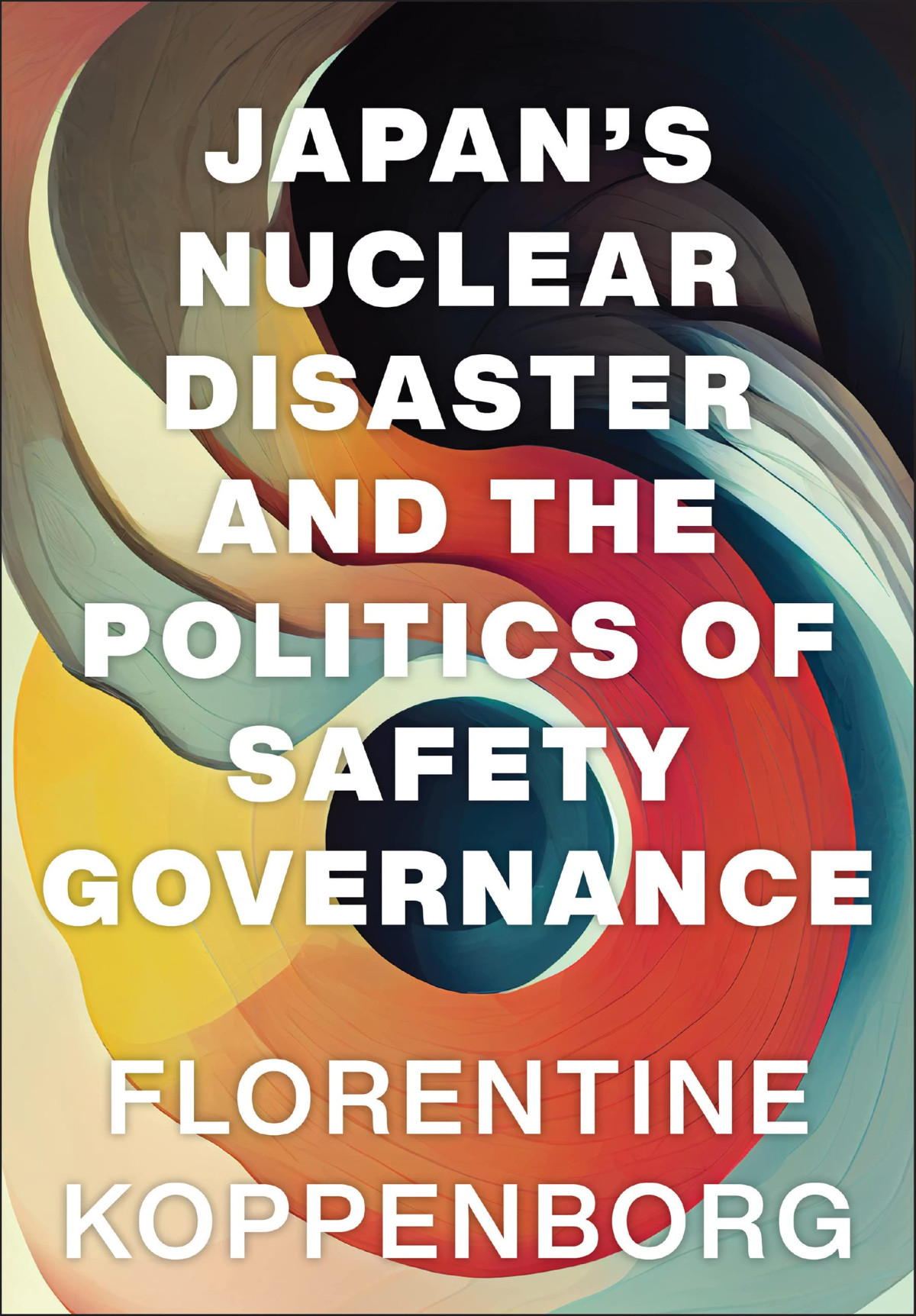

Most ebook files are in PDF format, so you can easily read them using various software such as Foxit Reader or directly on the Google Chrome browser.
Some ebook files are released by publishers in other formats such as .awz, .mobi, .epub, .fb2, etc. You may need to install specific software to read these formats on mobile/PC, such as Calibre.
Please read the tutorial at this link: https://ebookbell.com/faq
We offer FREE conversion to the popular formats you request; however, this may take some time. Therefore, right after payment, please email us, and we will try to provide the service as quickly as possible.
For some exceptional file formats or broken links (if any), please refrain from opening any disputes. Instead, email us first, and we will try to assist within a maximum of 6 hours.
EbookBell Team

4.4
82 reviewsIn Japan's Nuclear Disaster and the Politics of Safety Governance, Florentine Koppenborg argues that the regulatory reforms taken up in the wake of the Fukushima disaster on March 11, 2011, directly and indirectly raised the costs of nuclear power in Japan. The Nuclear Regulation Authority resisted capture by the nuclear industry and fundamentally altered the environment for nuclear policy implementation. Independent safety regulation changed state-business relations in the nuclear power domain from regulatory capture to top-down safety regulation, which raised technical safety costs for electric utilities. Furthermore, the safety agency's extended emergency preparedness regulations expanded the allegorical backyard of NIMBY demonstrations. Antinuclear protests, mainly lawsuits challenging restarts, incurred additional social acceptance costs. Increasing costs undermined pronuclear actors' ability to implement nuclear power policy and caused a rift inside the "nuclear village." Small nuclear safety administration reforms were, in fact, game changers for nuclear power politics in Japan.
Koppenborg's findings contribute to the vibrant conversations about the rise of independent regulatory agencies, crisis as a mechanism for change, and the role of nuclear power amid global interest in decarbonizing our energy supply.